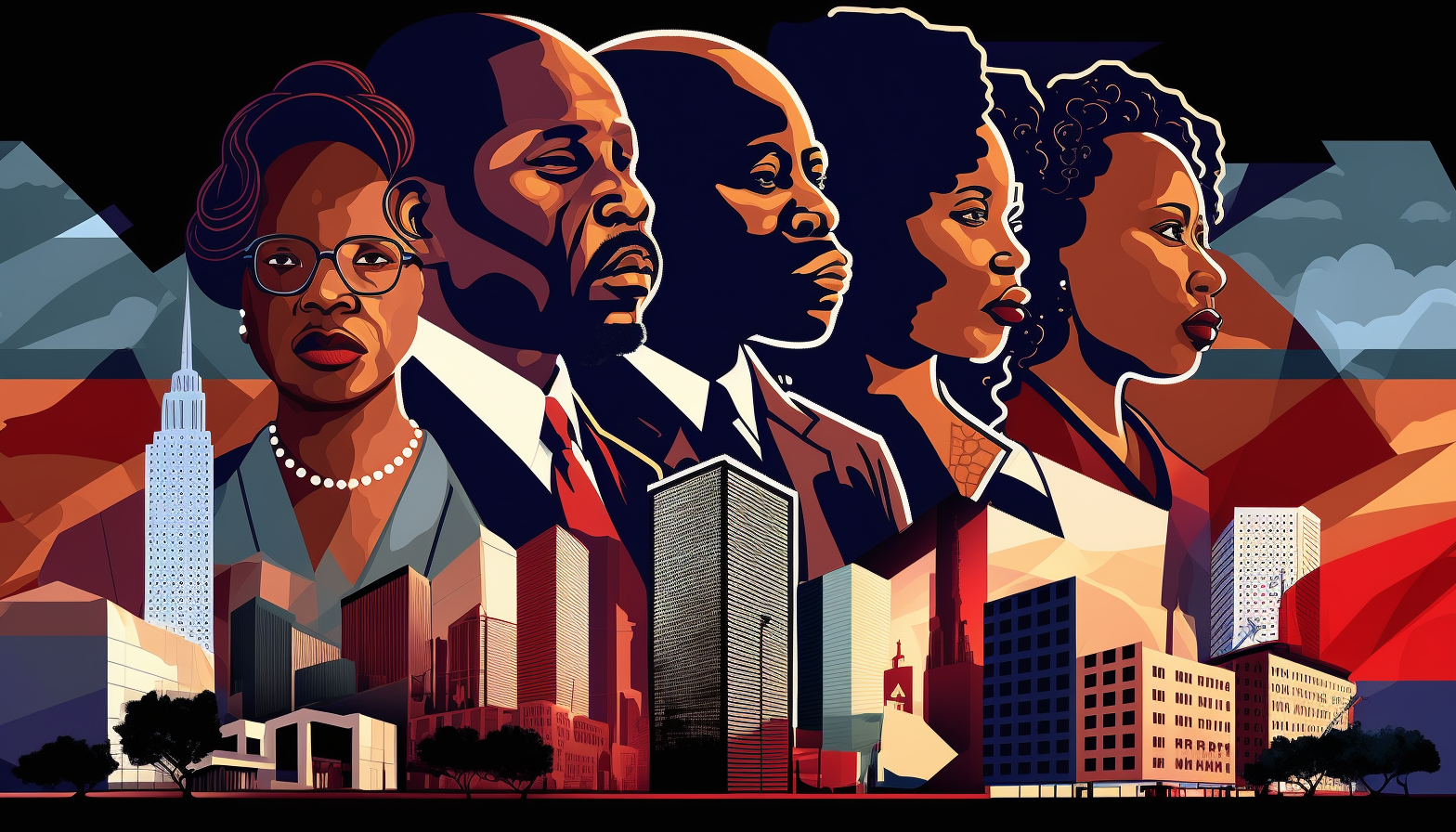Dallas ISD Leaders Defend Jim Crow Schools
-Dallas ISD President Justin Henry says he opposes school choice for black students
-Dallas ISD=Jim Crow 2.0 (Why? Because it is a majority-minority district with lower quality schools than surrounding majority-white suburban districts)
-Why are Dallas ISD Board Members letting billionaires block school choice?
The failures of Dallas Independent School District Board of Trustees President Justin Henry and Superintendent Stephanie Elizalde can be seen in the troubling demographics of many of the crimes committed in Dallas. Justin Henry, Stephanie Elizalde, and Dallas ISD have FAILED to give students of color the quality education they deserve. Young people lack direction and when the wealthiest person you know is barely above the poverty line you don’t even know how to ask for an appropriate salary. In Dallas as of 2023 over half the murder victims are Black. We think that for each felon that is introduced into the criminal justice system, it is important to take time and retrace the role that public education may have played in how they chose a life of crime.
Today as we look over the horizon of a Dallas deeply divided along the lines of wealth and class. One has to wonder why Justin Henry, Stephanie Elizalde, and the Dallas Independent School District are so intent on protecting failing schools by hiding their very existence, covering up failing scores, and blocking access to alternatives. Working-class parents are forced to send their kids to the most dismal conditions of high student-to-teacher ratios, bullying, unsupervised activities, and drug abuse. The leaders of Dallas ISD don’t seem to care about the welfare of the mostly low-income students because Dallas ISD parents lack the privilege that wealthy white suburbanites do to show up and speak out every week at board meetings, call principals, and otherwise advocate for their kids’ interests. Two out of five Dallas ISD students do not eat supper every night of the week. Many parents work two jobs or the households have been broken by the untimely departure of one of the parents.
Justin Henry’s sentiment, shared by Stephanie Elizalde and DISD is that the students “belong” to the DISD, and the funding that is assigned to the student should be granted to the institution. If your child is receiving subpar education in an underserved neighborhood this doesn’t make one bit of sense to families that live there. They want the best education possible for their children. To restrict them to one option, or to force them to attend institutions under the embattled gaze of the DISD is a recipe to repeat the cycle of violence that spirals to the same consistent result: the disfigurement of the Black family.
Dallas ISD and Dallas City Council see the DISD as a fiefdom that is to be governed by the wealthy and in order to gain access to decent schooling, one must live in the right district or wait in line for a chance to go to a magnet school that might provide a better opportunity for the child. This is a system that favors the wealthy, and the public schools in the wealthy neighborhoods have better facilities, better access, and better-advanced placement and extracurricular programs than those found where it is normal for people to live below the poverty line. He doesn’t think anything is wrong with these failing schools and the role they play in so many students becoming adults that are broken inside. He thinks that the failure of the child lies solely with the parents and that the parents are themselves failures as he characterizes them as drug addicts. There is just one problem with this crass assumption. Drug-addled parents are the minority of the minority. Most of the people he is referring to are hard-working, decent people who work at least two jobs or are even trying to run their own businesses.
And it is these bigoted notions, that the poor are by default simple broken souls who either dabble in drugs and/or are simply destined for crime, that reflect in the neglect of schools that were considered failing or subpar.
We believe that in order to deal with the hurdles that are imposed by the obstacle course of disparity we must have a charter FOR EACH school that has received a failing grade. These families need organizations that see them more as human beings in need than a case file or a social security number that they associate with a certain amount of funding. If the children of these communities have behavioral setbacks, then we need a charter school that is focused on addressing that need. If the families of these communities are concerned with whether or not their child will be able to help the household once they graduate, then we need our charter schools to pivot into vocational training, and if the community is asking for a focus on tech advancements so the children can get a head start on the race for tomorrow, then the charter can be structured to resolve that desire.
What we cannot do is keep these children and their families as part of a political or ideological blockade because the life of their child is associated with a hidden amount of funding to which the DISD feels like they are somehow entitled. The failing schools lend their failures to children who are broken inside, who often follow the path of least resistance and end up in prison or poverty.

